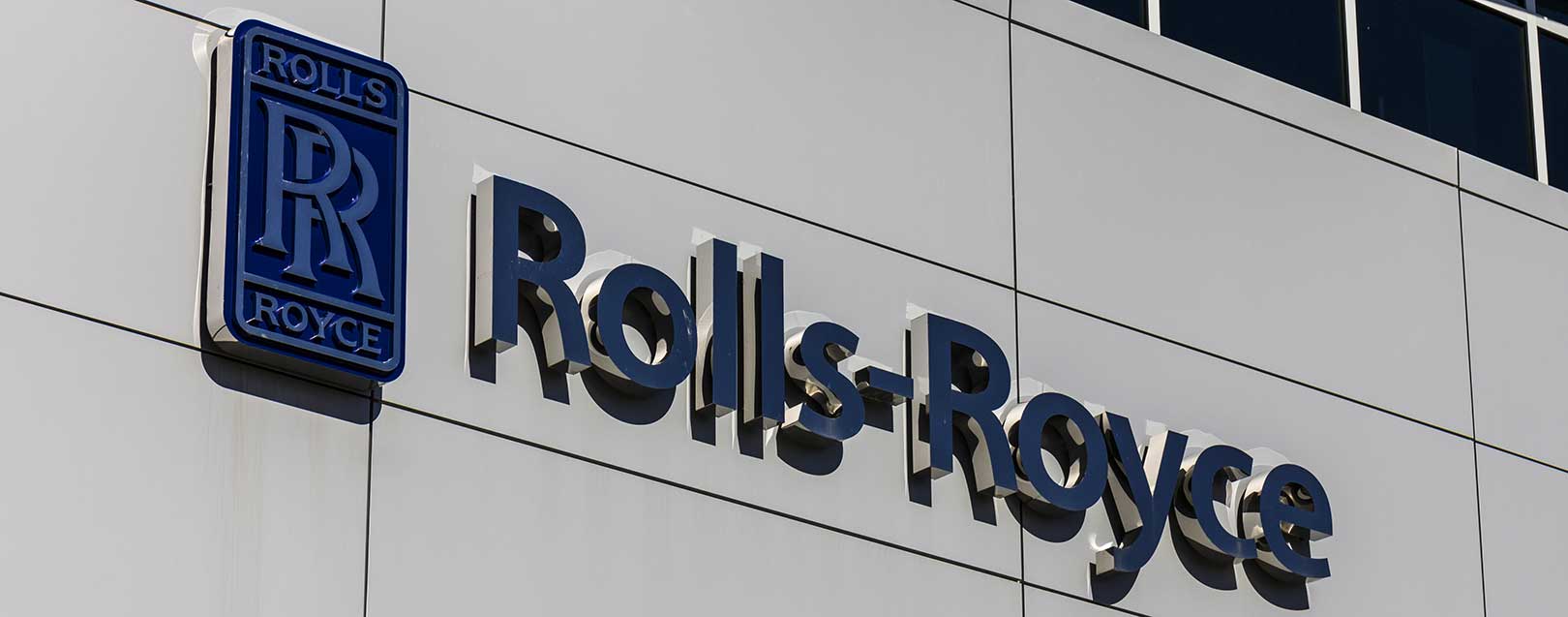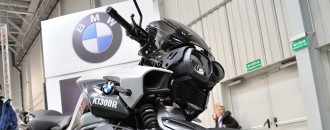
Rolls-Royce let off the hook with heavy penalty of $800 million
The Dollar Business Bureau
The British engine maker Rolls-Royce has secured a Deferred Prosecution Agreement (DPA) with the authorities in Britain, US and Brazil. To avoid further criminal prosecution and settle the enormous corruption scandal, investigation into which has been on for five years now, Rolls-Royce has agreed to pay a penalty of a little over $800 million.
Seven countries; a Serious Fraud Office (SFO) investigation costing $16 million; charges of corruption and bribery spanning three decades; disciplinary proceedings against 38 employees and 30 million documents scanned! The Rolls-Royce scandal sure has all the markings of a truly international headline grabbing mega event.
The niche-serving luxury brand was charged with corruption, bribery and false accounting practices with regard to its dealings in as many as seven countries, namely, Thailand, Indonesia, Malaysia, China, Russia, Nigeria and India. The scandal involved Rolls-Royce's businesses of civil aerospace, defence aerospace and energy.
To point to specific instances, intermediaries in Thailand were offered kickbacks worth $36 million to win three contracts of engines for Thai Airways. In Indonesia, a $2.25 million bribe along with a Rolls-Royce car was used to ensure use of Trent 700 engines for the state-owned airline, Garuda.
Although the company has used shady practices to bag defence contracts multiple times in the aforementioned countries since 1989, the fraudulent nature of its dealings only came under the radar of SFO after a whistle blower pointed them out in 2012. Rolls-Royce concedes that in 2010, the then management knew of the scale of the malpractice but chose to cover it up.
However, once the irregularities were brought to the notice of authorities in 2012, the new leadership of Rolls-Royce voluntarily participated and cooperated in the investigation. Having conducted its own in-house investigation, it also supplied the authorities with the results thereof.
While the sincere cooperation of the current management was widely appreciated and was probably the only reason Rolls-Royce could secure a DPA, the SFO has implicated the then senior executives in some of the legally questionable dealings.
However, Lord Justice Leveson, while giving his statement on the case in UK, said that the company, including the top management and its style of conducting business, had fundamentally changed since the offences were committed.
He also observed that the consequences of criminal prosecution would hurt the Rolls-Royce business irrevocably by causing losses of orders estimated at $28 billion. He did not fail to highlight the company's critical role in British defence industry, which would invariably take a hit if Rolls-Royce suffered loss of commercial orders.
Robert Barrington, director Transparency International, questions the decision to let go off perpetrators of gross wrongdoings with a financial penalty. He argued that a fine was not sufficient as a punishment or a deterrent, ironically in a case of bribery, sending out a message that big corporations can pay their way out of anything.
Rolls-Royce CEO Warren East earnestly apologized and admitted that the conduct of the company was 'completely unacceptable'.
"This was unworthy of everything which Rolls-Royce stands for, and that our people, customers, investors and partners rightly expect from us,” he said. “The past practices that have been uncovered do not reflect the manner in which Rolls-Royce does business today.”




.jpg)
 to success.
to success.